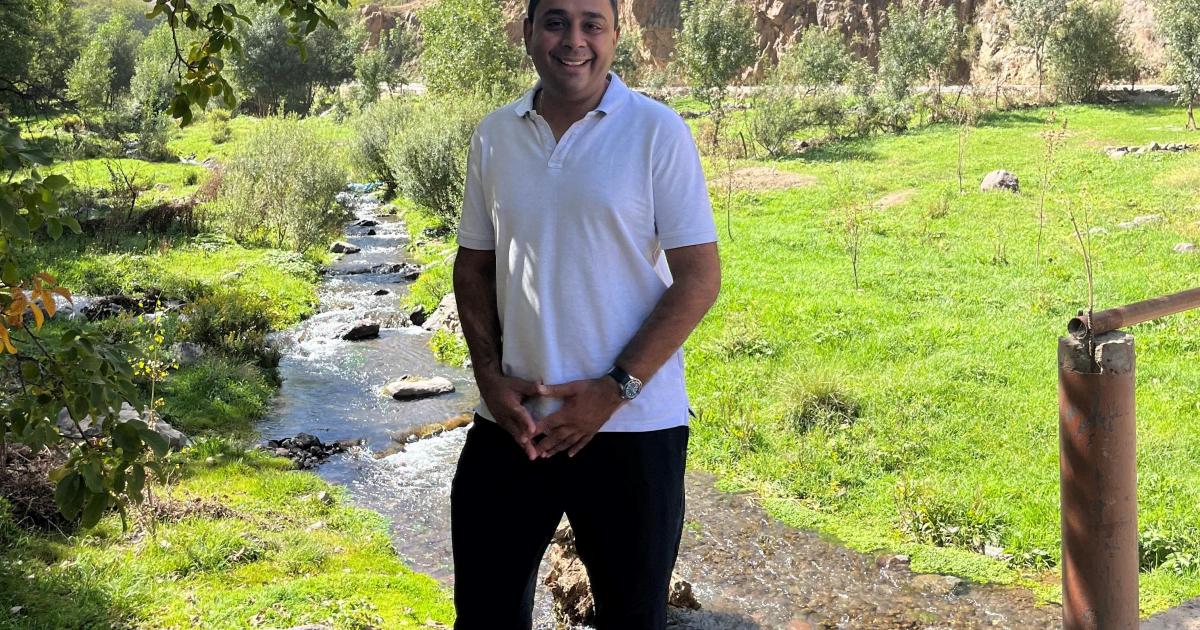Delivering compassionate care can be challenging with time constraints and many patients are left feeling frustrated by the standard 10-minute appointment time with their GP.
In the same way you wouldn’t expect an electrician or plumber to assess, diagnose and fix faults inside your home within 10 minutes, patients often feel their health issues cannot be adequately addressed within 10 minutes.
The 10-minute GP consult is a commonly used but controversial standard for appointments in the UK.
Ten minutes doesn’t give patients much time to explain their symptoms, get a diagnosis, discuss a treatment plan and have questions answered.
Ten minutes is not enough time to cover everything a patient needs to discuss, especially with an ageing population experiencing multiple conditions.
This can lead to patients feeling unheard and uncared for, leading to unnecessary visits to A&E and complaints.
An intense workload with high service demand, workforce pressures and limited resources all ultimately influence how much time GPs spend with their patients which underlies the genesis of the arbitrary 10-minute consultation model used by most practices.
The Department of Health’s position is there is no fixed length or time constraints for a GP consultation — it depends on the patient’s needs with GPs using clinical judgment to decide the appropriate time.
There is no contractual stipulation for appointments to be 10 minutes, however, it remains the generally accepted standard for practices across the UK and is one of the shortest in Europe.
Data from NHS England suggests GP consultations last on average 12 minutes.
Many GPs and patients believe 10 minutes is insufficient for addressing complex or multiple health issues, potentially leading to misdiagnosis, overlooking symptoms or consultations being rushed which is unfair on patients who may have waited up to three weeks for an appointment.
Research by the British Medical Association (BMA) found 92 per cent of 15,560 GPs surveyed felt 10 minutes for primary care consultations was inadequate.
Research has conclusively shown longer consultations are associated with improved patient outcomes and satisfaction.
This has in part fuelled a push for consultation times to be extended to 15 minutes.
The 10-minute standard is considered outdated by many with the Royal College of General Practitioners (RCGP) advocating for 15-minute appointments to facilitate more holistic, patient-centred care.
In 2021 GP leaders voted in favour of 15 minutes to be the standard time allotted for appointments.
Additionally, within the last year the BMA updated its ‘safe working guidance’ to recommend GP surgeries take ‘immediate measures’ to move towards 15-minute appointments to reduce the need for repeated consultations and improve patient satisfaction.
Accordingly, I’d like to reach out to all within our community to help you get the most out of your GP consultation.
A good GP will use a variety of skills to walk you through the consultation effectively and efficiently.
However, to get the most out of a brief 10-minute appointment patients should be organised by preparing a list of symptoms and questions beforehand, focusing on one problem per consultation rather than discussing multiple issues.
This will ensure your main concerns are addressed.
If you have multiple health issues then you may wish to consider requesting a double-appointment to ensure adequate time is set aside to meet your needs.
Try to go prepared by planning ahead what you need to tell the doctor.
If applicable, bring data such as blood pressure readings, blood sugar levels or a symptom diary.
For a potential urine infection, bring a fresh sample with you.
During your appointment be direct, concise and to the point.
Prioritise your concerns and decide on the most important issue to discuss and mention it first.
This prevents you from running out of time before addressing what is truly worrying you.
Tell your story chronologically — when describing symptoms explain what happened and when. This helps the GP identify patterns and rule out possibilities.
Be honest and provide accurate information about lifestyle such as diet, exercise, smoking, alcohol consumption and illicit drug use.
Try to help your GP elicit your ideas, concerns and expectations by thinking about your desired outcome — do you want a diagnosis, reassurance, a prescription, an investigative test, a referral or to simply have your symptoms acknowledged?
Try to wear appropriate clothing — if an examination is likely, wear loose-fitting clothes that can be easily removed.
If an intimate examination is needed and a third person’s presence would be more comfortable, you can request a chaperone and you should ask the reception team to arrange this at the time of booking the appointment.
Likewise if you need a translator then you should request this when booking the appointment.
If you feel nervous or think you may forget key points bring a family member, friend or carer with you.
They can also help you take notes or remember what was said.
Patients are always encouraged to ask questions and you should request clarification if something is unclear.
Before you leave the consultation you should recap the plan to ensure understanding.
Get information on the next steps and ask for safety-netting advice by finding out what to do if symptoms worsen or new ones appear.
You can also request a follow-up appointment as well.
Most practices have a Patient Participation Group (PPG) who meet regularly to discuss and help improve the services offered by their local GP surgery.
PPGs provide a crucial link between the practice and its patients, facilitating feedback on services, acting as a sounding board for new ideas and ensuring the patient perspective is at the heart of healthcare development.
It’s your NHS and if you feel that consultation times should be extended to 15 minutes or longer then you can suggest that to your PPG, the practice manager, the principal GP or the commissioning Integrated Health Board.
Together we can build a better NHS.
Our columnist Dr Jason Seewoodhary is a former Worcestershire GP.

